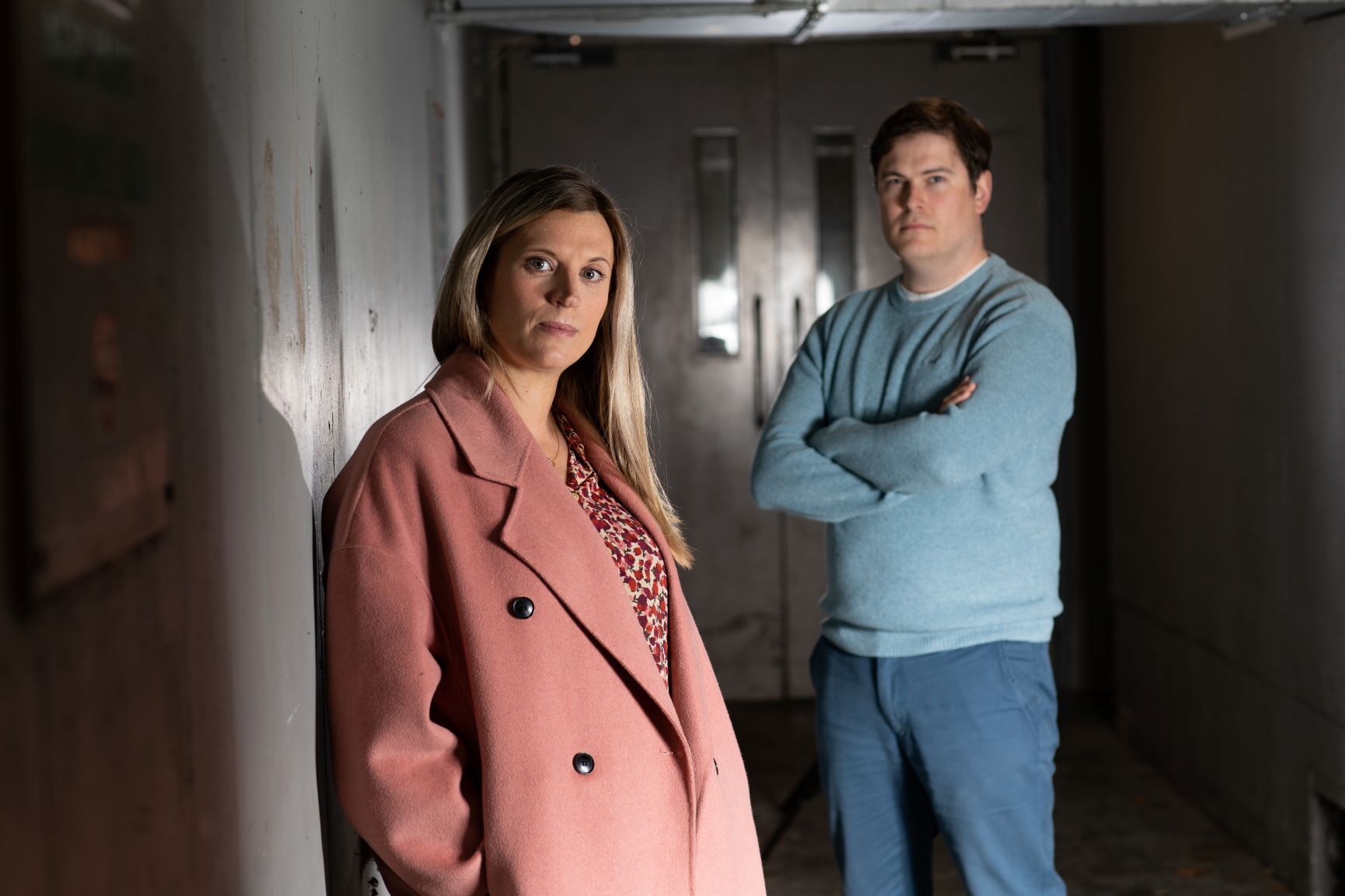By Matthew Ross
Della Kilroy, Multimedia Journalist at RTÉ and Shane Creevy, Head of Editorial at Kinzen, have created a four-part podcast series ‘exploring how misinformation spreads in an era of mass communication’. Across these four episodes, the pair discuss the crucial distinctions that exist between different forms of misinformation, talking to people who have fallen down ‘the rabbit hole’, tactics and strategies to protect yourself online, potential solutions, and a subject near and dear to the hearts of our members: media literacy. Along the way, they talk to experts, activists, journalists, and our very own National Coordinator Martina Chapman.
In episode 1, Kilroy and Creevy clarify the difference between misinformation and disinformation. It includes an interview with Mike Caulfield, a digital literacy expert at Washington State University in Vancouver, on the structural affordances, psychological motivations, and the influential thought leaders that contribute to the problem of modern information disorder. Caulfield developed the SIFT method to help people differentiate between claims that are likely false from those that are likely true. Next, Kilroy and Creevy interview Martina Chapman about the history, evolution, and limitations of media literacy, as well as the work of Media Literacy Ireland and the Be Media Smart campaign. Also on the podcast, the pair speak to Dan Gillmor, the creator of the Mediactive course, who advocates learning media techniques, reading widely, applying careful scepticism to what we read, and minding our individual biases.
Episode 2 covers how to talk to friends and family who believe in conspiracy theories. These beliefs can do immeasurable damage to our relationships and to our political systems. The hosts interview Aoife Gallagher of the Institute for Strategic Dialogue, a non-profit thinktank that monitors online extremism, who shares some of her work on the spread of conspiracy theories like QAnon. Gallagher also speaks about some of the ideological roots of the anti-lockdown movement. Next, Kilroy and Creevy speak to an Australian man who has found his way out of conspiracy thinking. He lays out the factors in his life and in world politics that led him ‘down the rabbit hole’ and how he eventually disavowed his former beliefs. Also in this episode is a discussion with YouTuber Edward Current (Karl Coryat), a former believer in 9/11 conspiracy theories, on how internet platforms enabled their rapid spread. Coryat advocates a non-confrontational approach to helping people change their minds. Kilroy and Creevy next talk to science writer and podcaster Mick West, an active debunker of pseudoscience and conspiracy theories, on further advice when dealing with hard-core believers and how AI is and could be used to spread disinformation and potentially fight against it. Finally, they speak to an American woman who started a Facebook support group for family members of people who have fallen for conspiracy theories.
The third episode in the series is focused on prevention and the challenges it involves. Kicking things off with Irish CNN reporter Donie O’Sullivan, who became a celebrity in Ireland after his coverage of the January 6th insurrection at the United States Capitol. O’Sullivan discusses the events at the capitol with Kilroy and Creevy, and his shoe-leather reporting on the ‘violent, anti-democratic ideology’ that inspired it. He also discusses the pain these ideological divisions are causing within families he has interviewed and the failures of content moderation on the various tech platforms. Kilroy and Creevy next speak to Christine Bohan of The Journal and Joe Galvin about the challenges of fact-checking, debunking, and verifying disinformation and misinformation online here in Ireland. They describe the process as being like a game of ‘whack-a-mole’ due to the ease of spread, and the more subtle techniques propagandists are using to disseminate false stories that avoid big, easily debunked claims. Galvin also warns of the influence of state and corporate actors. Concerns about free expression and censorious overreach on internet platforms are raised by Jillian C. York of the Electronic Freedom Foundation, and advocates for ways to tackle disinformation without relying too heavily on ‘takedowns.’
In the final episode of the series, the show’s focus turns to solutions. First, Kilroy and Creevy speak with Olaf Steenfadt of the Journalism Trust Initiative about the state of trust in the media and how the changing landscape of media funding and engagement-based platforms has helped enable bad actors to spread disinformation online. Speaking on the topic of political polarisation, Eve Pearlman of Spaceship Media argues that local journalism’s decline has played a major role in the furthering distrust of the media. Next, communication law expert Paddy Leerssen of the Center for Internet and Society talks about the complexity and controversies around regulation of speech by governments and on the various online platforms. Ronan Costello of Twitter’s Global Public Policy Team, discusses what Twitter is doing to promote the share of reliable information and to enforce rules around spreading misinformation about COVID-19. Also, Killroy and Creevy speak to Holly Kilroy of the Center for Digital Resilience on their work using technology to fight disinformation, and to Liz Carolan of Digital Action on the effects of the internet and social media on democracy in Ireland and abroad.
This podcast series is a must for anyone who is interested in this complex set of issues.
Listen to The Truth Matters podcast here, or wherever you get your podcasts.
